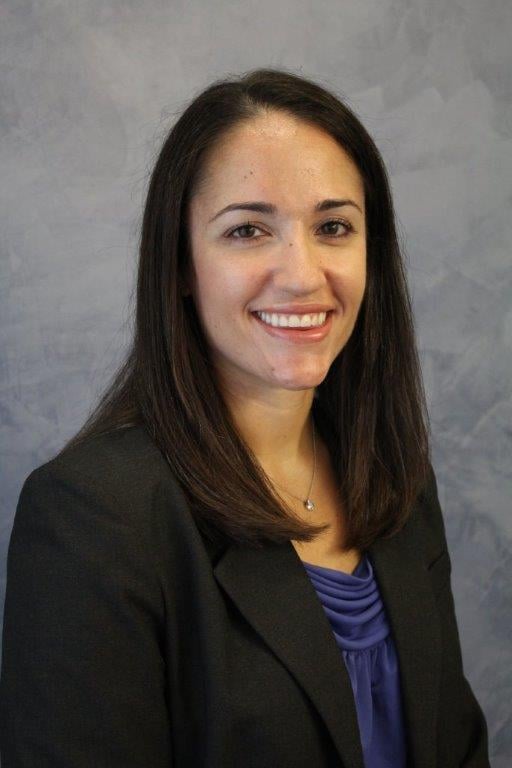This year’s tax season is going to be different. The new tax laws that took effect for 2018 represent the biggest changes to the tax code in over 30 years. So if you haven’t thought about preparing your taxes for 2018, you’ll want to get a jump on it.
represent the biggest changes to the tax code in over 30 years. So if you haven’t thought about preparing your taxes for 2018, you’ll want to get a jump on it.
To help you get ready for tax preparation, we’ve constructed the following 10 steps:
- Gather all of your documents for your sources of income – Gather all of your W-2s, 1095s, 1098s, 1099s (A, B, C, CAP, DIV, G, H, INT, K, LTC, MISC, OID, PATR, Q, R, SA) and K-1s. You should also put together a list of any other income sources such as business income that you will report on a Schedule C if you did not already receive a 1099.
- Gather your documents related to your potentially deductible expenses – While many taxpayers will be taking the standard deduction rather than itemizing, your tax preparer will still want to compare the two approaches to determine which is best for your unique situation.
- Gather records for charitable contributions – If you itemize, you’ll want to provide receipts and documentation for any charitable contributions you make. You will need a written acknowledgment from the charity for any contribution in excess of $250.
- Gather mortgage and home equity loan interest statements – Get a statement from your bank detailing your mortgage interest paid for the tax year. Keep in mind that you will only be able deduct a home equity loan if the loan is used specifically for home improvements and you can provide documentation to that effect. The mortgage interest deduction on new mortgages is limited to the interest on no more than $750,000.
- Get together last year’s tax information – Your tax preparer will need your previous year’s tax returns if they don’t already have them. In addition to having important information from the previous year’s return, it’s a great way to ensure you have not missed any income or deduction sources claimed in previous years.
- Make a list of your key information – Make sure to provide key personal information that will make it easier to file. Social security numbers, addresses of all of the places you’ve lived and worked during the tax year, any and all moves, etc.
- Identify a tax preparer – Whether you need an accountant, a tax preparer or you do it yourself is largely dependent on the complexity of your tax situation. An accountant may be your best choice because they will provide you with guidance on ways to properly position yourself to take advantage of changes in the tax code. An accountant should position you for the best long-term strategies to save.
- Have a tax planning meeting – Should you file an extension? Should you file jointly? Should you take the standard deduction or itemize? Your tax professional should begin sorting these issues out during a planning session. Just don’t expect all of the answers until they have a chance to run the numbers.
- Ask about maxing out your IRA – For the most part, 2018 is over and there’s not much you can do now to impact your taxes one way or the other. The notable exception is making a contribution to your IRA. If you haven’t already maxed out your IRA, ask your tax professional if it makes sense to make a contribution now. You have up until April 15, 2019 to contribute and have it still count towards your 2018 taxes.
- Start planning for next year – It may seem early but it’s never too early to start planning for the future. 2019 taxes will be due before you know it!
Have questions about the new tax laws? Contact your Zinner tax professional!





